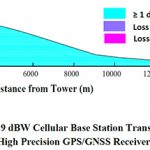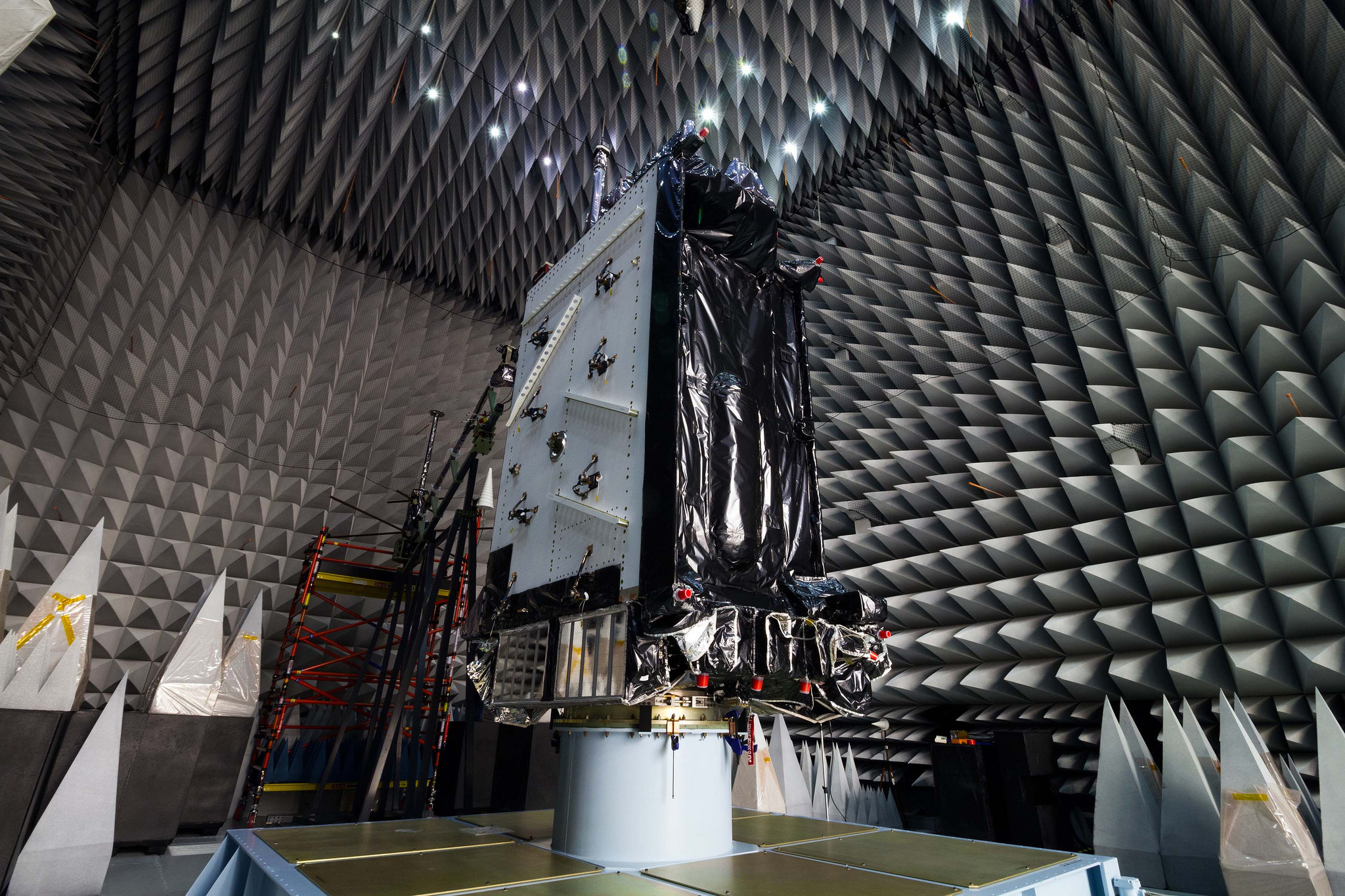A dozen geospatial organizationswith a total of more than 170,000 members have registered their opposition to plans by Ligado Networks to use frequencies neighboring the satellite navigation band for terrestrial services.
“We are writing to you to express our collective concerns about the Ligado Networks proposals and the interference they would cause to GPS and GNSS data acquisition, processing and use,” wrote the Coalition of Geospatial Organizations (COGO), urging rejection of Ligado’s request for an enabling license modification.
Extensive testing has shown that even Ligado’s current plan, which has been modified to lessen chances of GPS interference, poses a risk to GPS receivers.
“Unbiased testing has repeatedly confirmed that such implementation would surely undermine many of the uses of that data which have come to be anticipated, even essential, among the public and within the geospatial profession that provides services to it,” COGO wrote, saying the letter reflects the unanimous position of its 12 member organizations:
The American Society for Photogrammetry and Remote Sensing (ASPRS)
The American Society of Civil Engineers
The American Association of Geographers
TheCartography and Geographic Information Society(CaGIS)
The International Association of Assessing Officers (IAAO)
The GIS Certification Institute
The Management Association for Private Photogrammetric Surveyors (MAPPS)
The National Society of Professional Surveyors
The National States Geographic Information Council
The University Consortium for Geographic Information Science
The United States Geospatial Intelligence Foundation
The Urban and Regional Information Systems Association
The letter was posted just a day after Ligado’s board reaffirmed its commitment to invest in the company’s efforts to build terrestrial 5G capability and support Custom Private Networks for commercial customers.
“Since December 2015, with new ownership and new leadership, we’ve been focused on achieving consensus on a new, technical plan that resolves GPS concerns and shows that our planned terrestrial service is compatible with our spectrum neighbors,” said Board Chairman Ivan Seidenberg in a statement.
The firm’s proposal is before the Federal Communications Commission (FCC), which if it follows past practice, will look for input from theNational Telecommunications and Information Administration (NTIA) before making a decision. Information going into the NTIA’s recommendation, however, became snarled in the bureaucracy last fall. A letter from the National Executive Committee (ExCom) for Space-Based Positioning, Navigation, and Timing (PNT) — which works through satellite navigation issues for the combined community of commercial, military and civil government users — still appeared stuck as of early February.
Meanwhile, the FCC has been navigating a new Ligado squall that spun up out of a regular Commission review of its regulations. Iridium has proposed that the FCC rescind its rules allowing for Ancillary Terrestrial Components (ATC). The rules were initially adopted in 2003 then changed in 2005 and again over the years to permit satellite firms to build a limited number of ground stations or ATCs to enable them to reach customers indoors or in difficult-to-serve environments like large city centers. The ability to add ATC’s is at the core of Ligado’s plans for a terrestrial expansion.
Iridium argued that the ATC rules had created nothing but problems. While the rules were adopted to augment the reach of satellite networks, wrote Iridium, they have “resulted in a total of exactly zero ATC deployments, multiple bankruptcies, costly litigation, and countless waivers and rulemaking requests producing substantial work for the FCC and other federal government stakeholders with no countervailing benefits.”
Ligado responded that Iridium was trying to kill off the ATC option to improve its competitive position, particularly where 5G is concerned.
“Given the ever-growing demand for spectrum and the global race to 5G, the ATC rules are an important tool for enabling the rapid development of next generation wireless technology that will yield enormous benefits for consumers, the economy, and national security,” Ligado responded. “Iridium keeps trying to put its sour grapes in new bottles, but it is clear their real game is to use the regulatory process to box out a competitor.”
The ATC rule is not a factor in U.S. efforts to gain dominance in 5G technology, Iridium countered, because the L band spectrum Ligado would use for its terrestrial service is not included in the 5G standard. Moreover, the interference risk posed by the network undermines another U.S. policy goal — that of maintaining the preeminence of American space capabilities and assets, Iridium wrote in a response.






